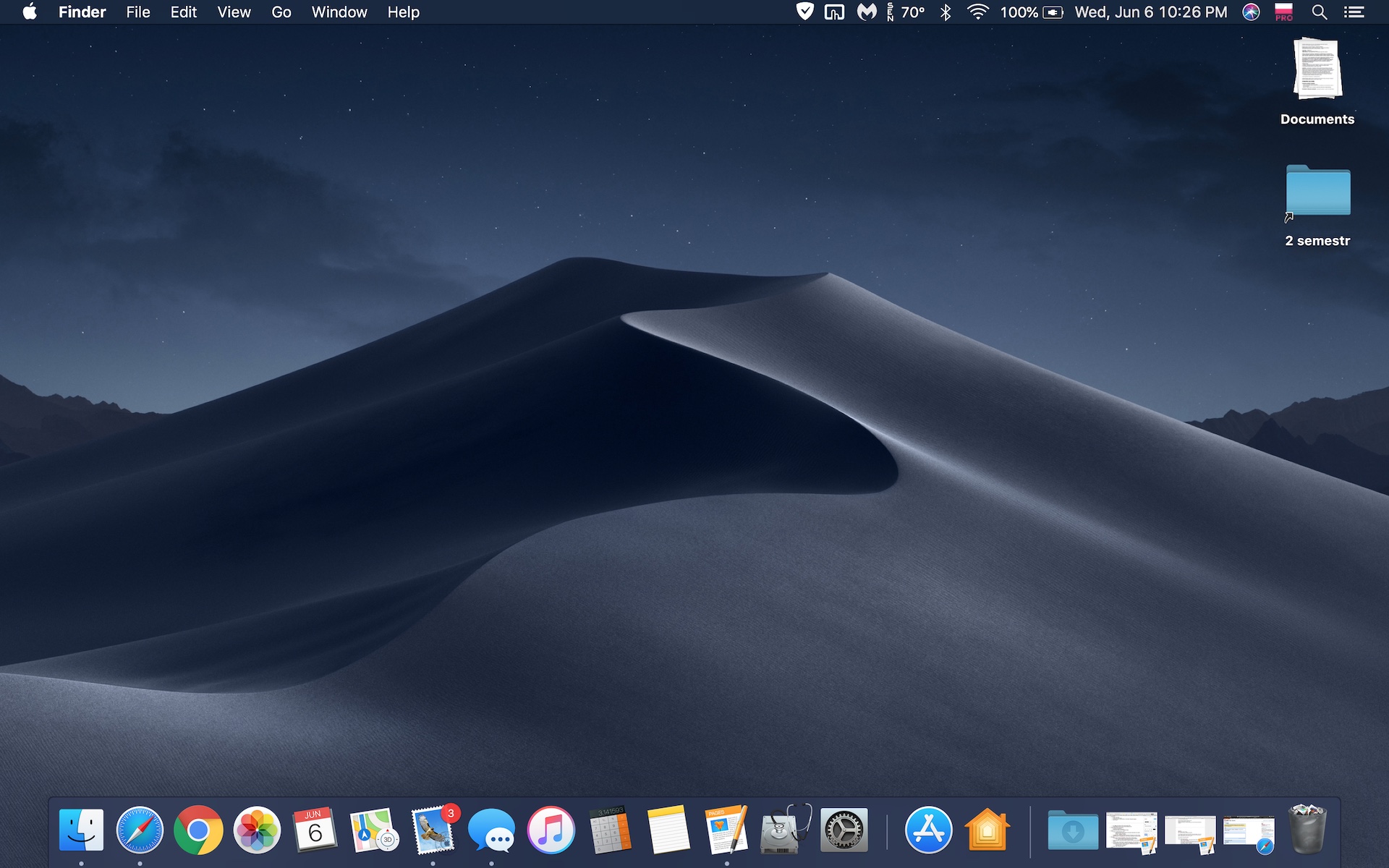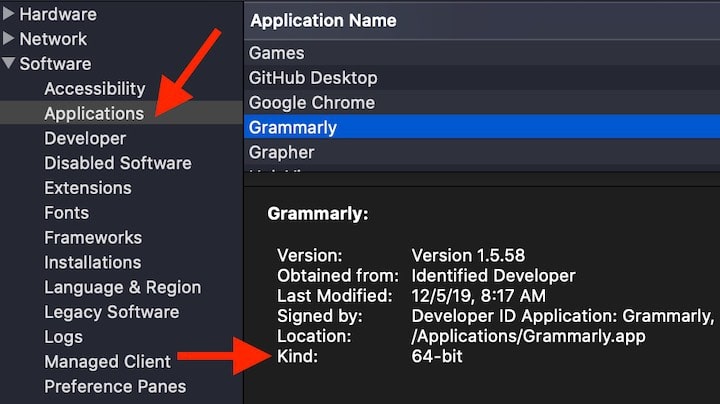
Please note that I’ve been observing the statistics for some while now and it’s not that I would have suddenly looked at the stats and made a decision – this was really brewing in me for some time, I’ve been watching the 10.12 stats being under 2% for years now, the same for 10.13 – even when Setapp fully supported these macOS versions.Īdditionally, the in-app support reports include the macOS version, so I’ve been also noticing this trend there. Perhaps I’m mistaken, but I was told that from the Setapp team.
#Best macos versions install
Note that from what I understand Setapp will still install on older macOS versions (though an older version of the app itself) and it will install the latest compatible version of the apps. – as Xcode 14 (which is required for macOS 13 improvements and compatibility) no longer supports macOS 10.12, all future updates will require macOS 10.13 or later.Permute 4, Downie 5, etc) will require at least macOS 11, but will likely require even newer macOS version… Current update: see the information below the percentages). Note 1: this article may be updated in the future with newer statistics and a shift in the list of macOS versions supported. The apps will still run on the macOS versions that they currently run on and I will do my very best to keep it that way, but there simply are no guarantees. What exactly does that mean? New features are not guaranteed to work correctly or to even be available on these macOS versions, various issues that would require massive workarounds will no longer be fixed. Given this, starting Jun 1, 2022, macOS versions prior to macOS 10.15 will receive limited support. Percentages updated on (third column) based on data collected directly from within the apps, not from Setapp (shows a shift towards macOS 13 – almost 90% of users running macOS 12 or later, ~95% users running macOS 11 or later). Shows over 95+% users running macOS 11 or later.

EDIT: Percentages updated on (second column). This shows that over 95% of users are running macOS 10.15+ and over 90% of users are running macOS 11. Unfortunately, the reality is almost the same (within statistical error margin)… With this in mind, I’d like to share macOS usage statistics for Downie (and they are very similar for Permute) as provided by Setapp (I do not have the data for non-Setapp versions) – I was told being unfair to users of older versions of macOS, so I’ve added my own OS statistic collection in the most recent versions to better reflect reality.
#Best macos versions software
Swift UI, Swift Concurrency – all require macOS 11 or later).įor a small one-person company like this, it is becoming no longer feasible to test the software thoroughly on 6 different operating systems (and it will be 7 in a month) and to make individual adjustments for them. Newer technologies are impossible to use due to supporting older macOS versions (e.g. There are subtle differences inbetween macOS versions in UI layout, behavior, etc.

So what’s the big deal supporting older macOS versions? Well, someone needs to test it. Xcode 14 which is required for macOS 13 development only supports deployment targets 10.13 and above. That’s 6 years ago… EDIT: As of Nov 2022, all apps now require macOS 10.13. When you take a look at the calendar, it’s 2022 and macOS 10.12 was released in 2016. Eon Timer), though most of them support macOS 10.12 and later (Downie, Permute, UctoX).

All macOS apps that we develop support macOS versions all the way back to macOS 10.11 in some cases (e.g. These questions do not have a clear answer, unfortunately. I know that this is a slightly controversial topic – how many macOS versions back should a developer support? Can a developer remove support for older macOS versions in the middle of the software life cycle (i.e.


 0 kommentar(er)
0 kommentar(er)
